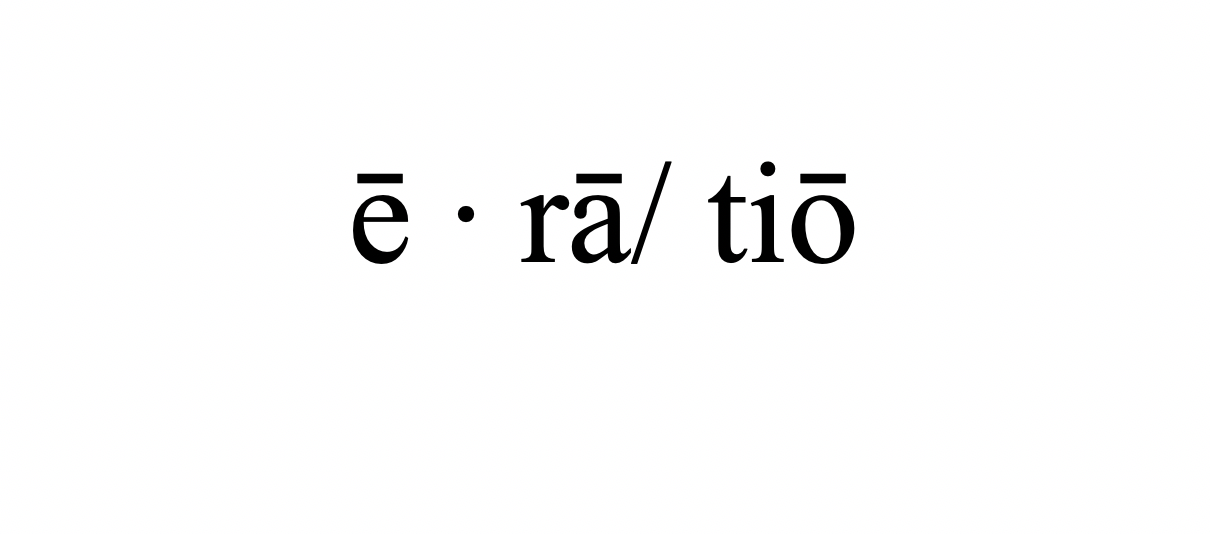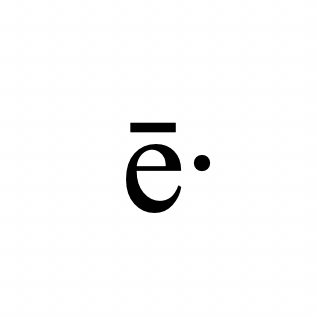

Alice B. Fogel’s “The Self, Falling”:
Translated, Adapted, and Rewritten
Jocelyn Winn
Translated to the French
The Self, Falling
(Le Moi, Retombants [mais no plonger ou la chute])
That one could be so small, slipping (Que l’on pourrait être si petit, glissait)
through its own self, as silt shifts (à travers son proper, comme des changements de limon)
down through its rock bed… (à travers son lit de roche…)
What happens when we wish (Qu’est-ce qui se passe quand on veut)
is something unforeseen (est quelque chose d’imprévu)
and other. That we are drawn (et autre. Que nous sommes attirés par)
to windows and other openings, (aux fenêtres et autres ouvertures,)
that the threshold is as fragile (que le seuil est aussi fragile)
as desire. This falling (comme le désir. Cette baisse)
is a bedtime fable, of finding (est une fable de l'heure du coucher, des conclusions)
bottom, false promise of final (fond, fausse promesse de finale)
softness there. The rest, (il douceur. Le reste,)
silence. But what is worse (silence. Mais ce qui est pire)
than going on is the ending, (que se passe est la fin,)
that once there the darkness (qu’une fois là-bas l’obscurité)
silvers the glass to mirror (d’argent du verre à miroir)
and the eyes too are open, (et les yeux trop ouverts,)
horribly. What is that shape (horriblement. Qu’est-ce que la forme)
that forms its compulsive shadows (qui forme ses ombres compulsifs)
through which it is impossible not, again, (à travers laquelle il est impossible de ne pas, encore une fois,)
to fall? And still the wishful self (tomber? Et toujours le wishful auto)
has its own ideas. (a ses propres idées.)
That one could be so small (Que l’on pourrait être si petit)
and yet unable to rise, that laws (et pourtant incapable de se lever, que les lois)
here are still binding, the legacy (ici lient encore, l’héritage)
of an ancient alchemy. All that rises (d’une alchimie ancienne. Tout ce qui monte)
is the voice at the end (est la voix à la fin)
of its question, for nothing (de sa question, pour rien)
weighs more than the falling. (pèse plus lourd que la chute.)
*Fogel, Alice B. “The Self, Falling.” Elemental, Zoland Books, 1993, p. 36. © Alice B. Fogel. Used with permission from the author.
Adapted from the French
The Me, Falling
[but not plunging, immersive, or playful down a slide]
To be so small and slippery, a newborn gliding
nameless through itself, as legs shift among silt
for the boulder-son traveling the chute...
The passing question of a wish
grants an unknown choice
yet known. That we sketch our wishes like attire
to be worn in overtures of opening the hatch,
that the way out is as fragile
as the coming in. This parachute drop
has the pretense of a soft landing, of concluding
fondly, but it is a different
finale. All the rest,
in peace. But what is worse
than being passed over is the finish,
a blurred line amid an obscure
urgency, a vague memory
where you too are opened overtly
and terribly. What is that form
that forms its somber compulsions
impossibly traveling over impasses, again
tumbling. Always the wishful me, I,
with her ideas.
That such a tiny portrait
is incapable of leveraging justice
absolves leniency, with a heritage
of the ancients. Everything that goes up
is the final invitation
to question the nothing
that weighs us down.
Rewritten from the adaptation from the translation
Me, Plunging Down a Slide
[immersed in trying to play]
I used to love (hate) going down metal playground slides. Even worse, waterpark rides, all those sleek, slick bodies a constant reminder of what this body was not. Better to make at-home makeshift garbage-bag slip and slides with the garden hose and Ivory soap. Safe. Unseen.
One could not call child me going down a metal playground slide in summer “gliding.” Grinding, perhaps. To a halt with each contact of rubbery excess flesh on hot silver. Even when I tried to lift my legs up and cascade on clothed portions, the ergonomics were off. Unadjusted. False promises of playing like everyone else, but still I ran around the back and climbed the ladder, again. A third or fourth time. Rusted rungs scratched my hands on the ascent. I grasped the hot bars at the top, plunging to a seated position. I knew the discomfort, and yet.
Looking down the slope the sharp slivers of silver sliced the frame, refracting not reflecting my wish. It was so bright in the center I had to look away. Even so, I saw spots for seconds. The anticipation fleeting. The ride down the chute over too fast. Standard playground fare. If I ventured elsewhere, perhaps those slides would be longer, fresher, somehow with softer landings. I was not there, however. I was here.
Oftentimes my body stopped prematurely. The final curve perfectly hugging my bottom as if this were the intention, this spot where justice waited. But I had seen the others. Those bodies flying off the end, a grand finale. Catching air sometimes. Landing on two feet. Laughing, or at the very least smiling having truly been sliding. Gliding. Going down. Happily falling.
If my dangling feet reached that dusty half-bowled-out landing I could inch my way off the slide, but more often legs were still on a surface, erect in front of a bent body. I had to again grasp hot metal and maneuver my finish. It never went as intended. My body incapable of traveling down unscathed. Not a falling but a failing.
Nothing weighed more than me.
Jocelyn Winn is a New Hampshire-based freelance writer and editor. Founder of The Eleventh Letter editorial services, she is a nonfiction reader for the Maine Review and an MFA in writing candidate at Vermont College of Fine Arts.